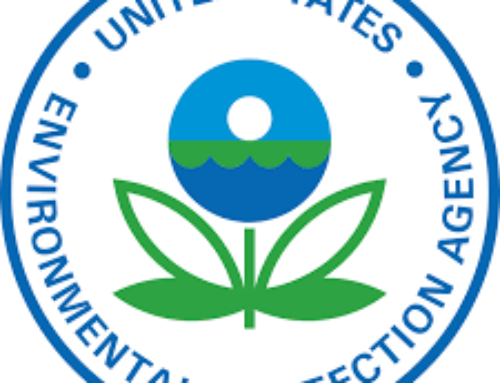by Greg Walcher, E&E Legal Senior Policy Fellow
As appearing on GregWalcher.com
For twenty-five years, the Competitive Enterprise Institute has published a document called “Ten Thousand Commandments.” It tracks the costs imposed on the economy by regulations. It is mind-boggling.
When most people think about the concept of over-regulation, they immediately envision large and distant federal agencies, especially EPA, OSHA, and IRS. However, there are actually more regulations imposed on Americans at the state and local level than by anyone in Washington. Think about massive building, electric and plumbing codes that affect virtually everything in your home and business. Or voluminous health codes that apply to restaurants and other public accommodations, or complex land use rules that dictate what you can and cannot do on your property, and myriad rules affecting your right to own, license, and drive a car. States regulate almost all aspects of energy development, as well as clean air and water (some of which is federal law, but administered by states).
It is that last category, clean air and water, that has states suddenly wanting more from the EPA. That is difficult to imagine, as states have traditionally guarded their authority against federal intrusion. But the angrier people become about regulations, the more state regulators want someone else to take that blame. It’s so much easier when people are mad at EPA.
The issue drew attention recently, when the Michigan Department of Environment, Great Lakes, and Energy approved a controversial air permit for an asphalt plant near Flint. The applicant met all legal requirements, so the agency had little discretion. However, the plant will be located in a minority neighborhood said to be “in social and economic distress.” There were heated public meetings, and over 340 comments from local residents and groups, mostly opposed. The agency knew the approval would be unpopular with at least some of those groups, so it took what it considered a courageous step. It asked the EPA for help.






